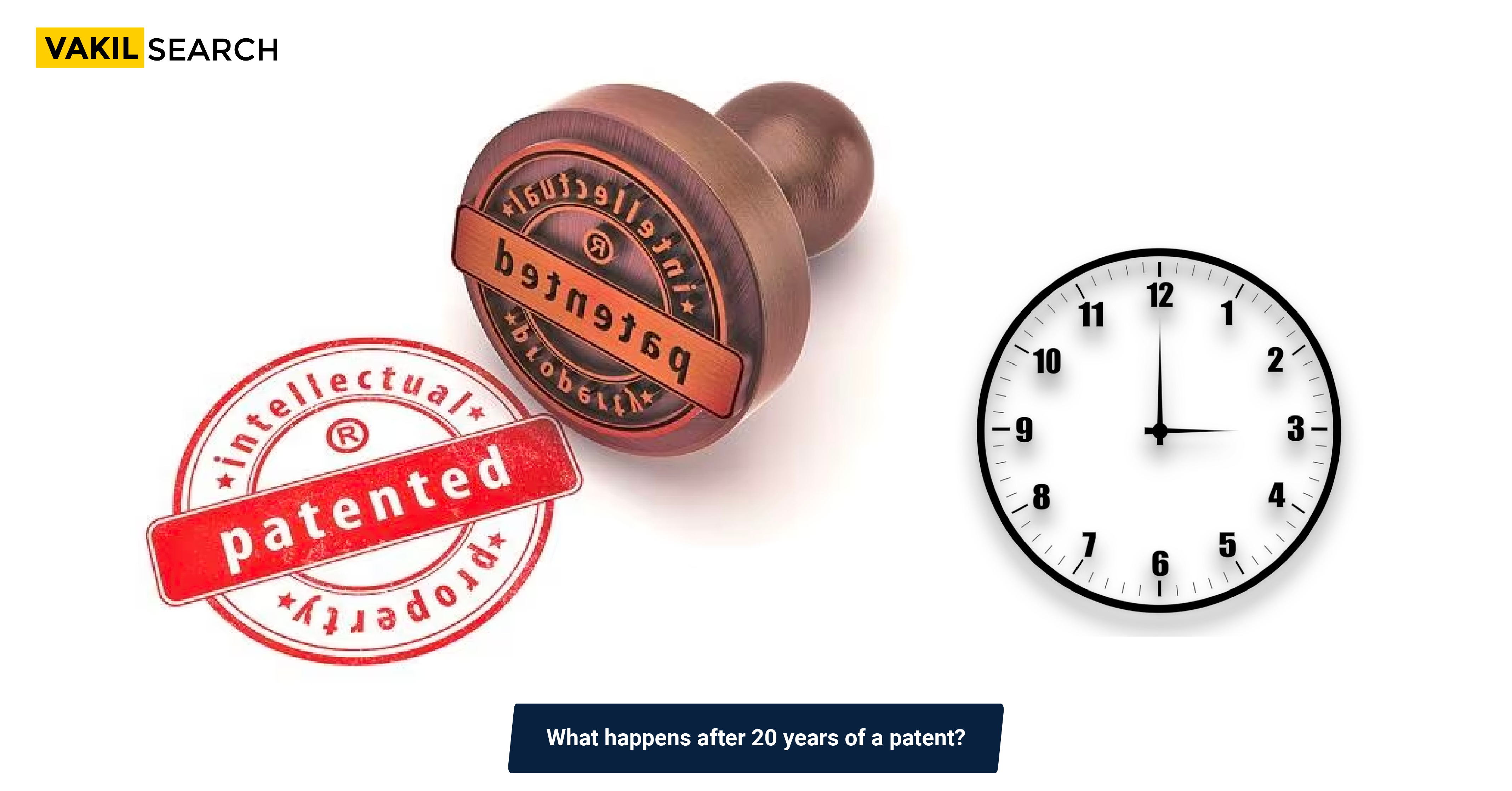A patent is a government-granted monopoly on an invention that lasts for a limited period of time, typically 20 years from the filing date of the patent application. During this time, the patent holder has the exclusive right to make, use, and sell the invention. After 20 years, the patent expires and the invention enters the public domain, meaning anyone can make, use, or sell it without permission from the patent holder. If you've ever wondered about the fate of a patent after two decades, you're in the right place. Patents play a crucial role in protecting inventions, but what happens when their protective shield expires? In this article, we'll delve into the intriguing world of patents and unveil the secrets of their life beyond the 20-year mark.
Understanding Patents: A Brief Overview
To embark on our journey, let’s start with the basics. A patent is a legal document that grants inventors exclusive rights to their creations for a specific period, typically 20 years from the date of filing. This exclusive period allows inventors to safeguard their innovations, giving them a competitive edge.
The 20-Year Timeline: How Patents Evolve
Imagine a patent as a time-bound contract between an inventor and society. For two decades, it serves as a safeguard, ensuring that the inventor reaps the benefits of their creation. During this period, the patent holder can produce, sell, and license their invention without worrying about competitors. It’s their time to shine.
Life After Expiration: What Changes?
Once the 20-year mark arrives, the patent enters a new phase. It transitions from being a shield to becoming part of the public domain. This means that anyone can use, make, and sell the patented invention without seeking permission or paying royalties to the original inventor. It’s like a well-guarded treasure chest suddenly being thrown open for everyone to explore.
Impact on Innovators: How Does It Affect Them?
For inventors, the expiration of a patent can be a double-edged sword. On one hand, it marks the end of their exclusive rights, potentially increasing competition. On the other hand, it can also spur innovation, as others build upon the expired patent’s foundation. Think of it as a relay race where the baton of progress is passed from one innovator to another.
Economic Implications: What Does It Mean for the Market?
When patents expire, they can have significant implications for the market. Prices of patented products often decrease, making them more accessible to consumers. This can lead to increased competition, driving companies to innovate further to maintain their competitive edge. It’s like a marketplace evolving to meet the changing demands of consumers.
Challenges and Opportunities: Navigating the Post-Patent Era
In the post-patent era, companies face challenges such as increased competition and the need to innovate continuously. However, this phase also presents opportunities for collaboration and the development of new technologies. It’s akin to a forest after a fire—while the old growth is gone, it paves the way for new growth and diversity.
The Role of Patents in History: Their Enduring Legacy
Throughout history, patents have played a vital role in technological advancement. Iconic inventions like the telephone and the light bulb were once protected by patents. Even after expiration, these inventions left an indelible mark on society, shaping the way we live and communicate. Patents are the milestones in humanity’s journey of progress.
Conclusion
In conclusion, the journey of a patent doesn’t end after 20 years; instead, it transforms into a new chapter of innovation and progress. While the expiration of a patent may bring challenges, it also opens doors to exciting opportunities, ultimately benefiting society as a whole. So, the next time you encounter a patented invention, remember that its story is far from over—it’s merely transitioning to the next phase of its remarkable journey. Get in touch with our Vakilsearch experts today!
FAQs
What is the purpose of a patent?
The primary purpose of a patent is to encourage innovation by granting inventors exclusive rights to their creations for a limited period. This protection incentivizes inventors to share their inventions with the world.
Can a patent be extended beyond 20 years?
No, patents cannot be extended beyond 20 years from the date of filing. The 20-year period is a fixed term established to balance the interests of inventors and the public.
What happens to the invention's information after a patent expires?
Once a patent expires, all information related to the invention becomes part of the public domain. This means that anyone can access, use, and build upon the previously patented technology.
How do expired patents impact competition?
Expired patents often lead to increased competition in the market. Without the exclusivity granted by patents, multiple companies can offer similar products or technologies, fostering innovation and consumer choice.
Are there any famous examples of patents with a lasting impact?
Yes, numerous patents have left a lasting impact on society. For instance, Thomas Edison's patent for the electric light bulb revolutionized the way we illuminate our world, and Alexander Graham Bell's patent for the telephone transformed communication across the globe.
Also Read:


